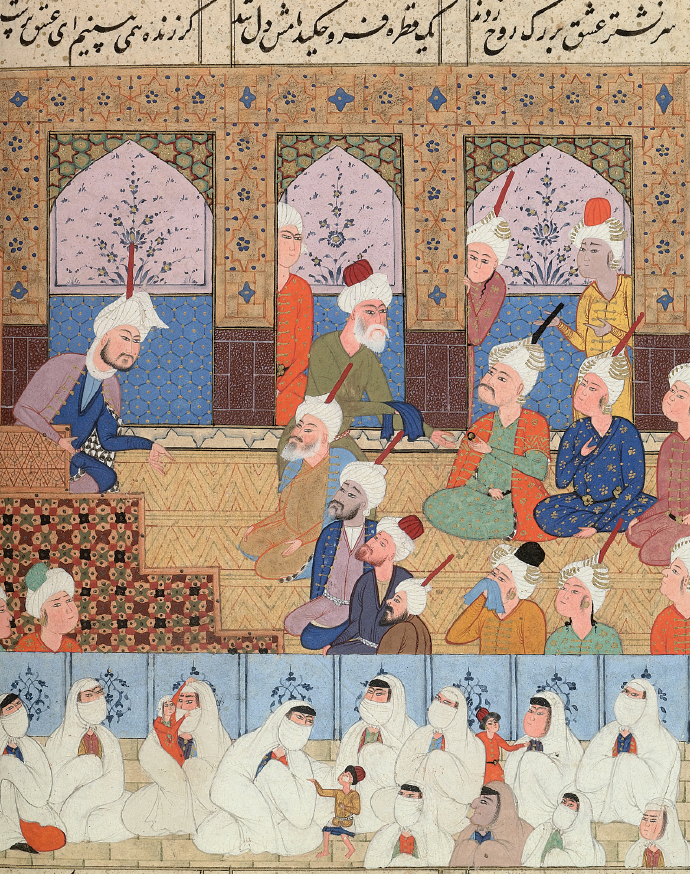What social distinctions were important in Muslim society?

WWhen the Prophet appeared, Arab society consisted of independent Bedouin tribal groups loosely held together by loyalty to a strong leader and by the belief that all members of a tribe were descended from a common ancestor. Heads of families elected the sheik, or tribal chief. He was usually chosen from among elite warrior families who believed their bloodlines made them superior. According to the Qur’an, however, birth counted for nothing; piety was the only criterion for honor. The idea of social equality was a basic Muslim doctrine.
When Muhammad defined social equality, he was thinking about equality among Muslims alone. But even among Muslims, a sense of pride in ancestry could not be destroyed by a stroke of the pen. Claims based on birth remained strong among the first Muslims, and after Islam spread outside of Arabia, full-